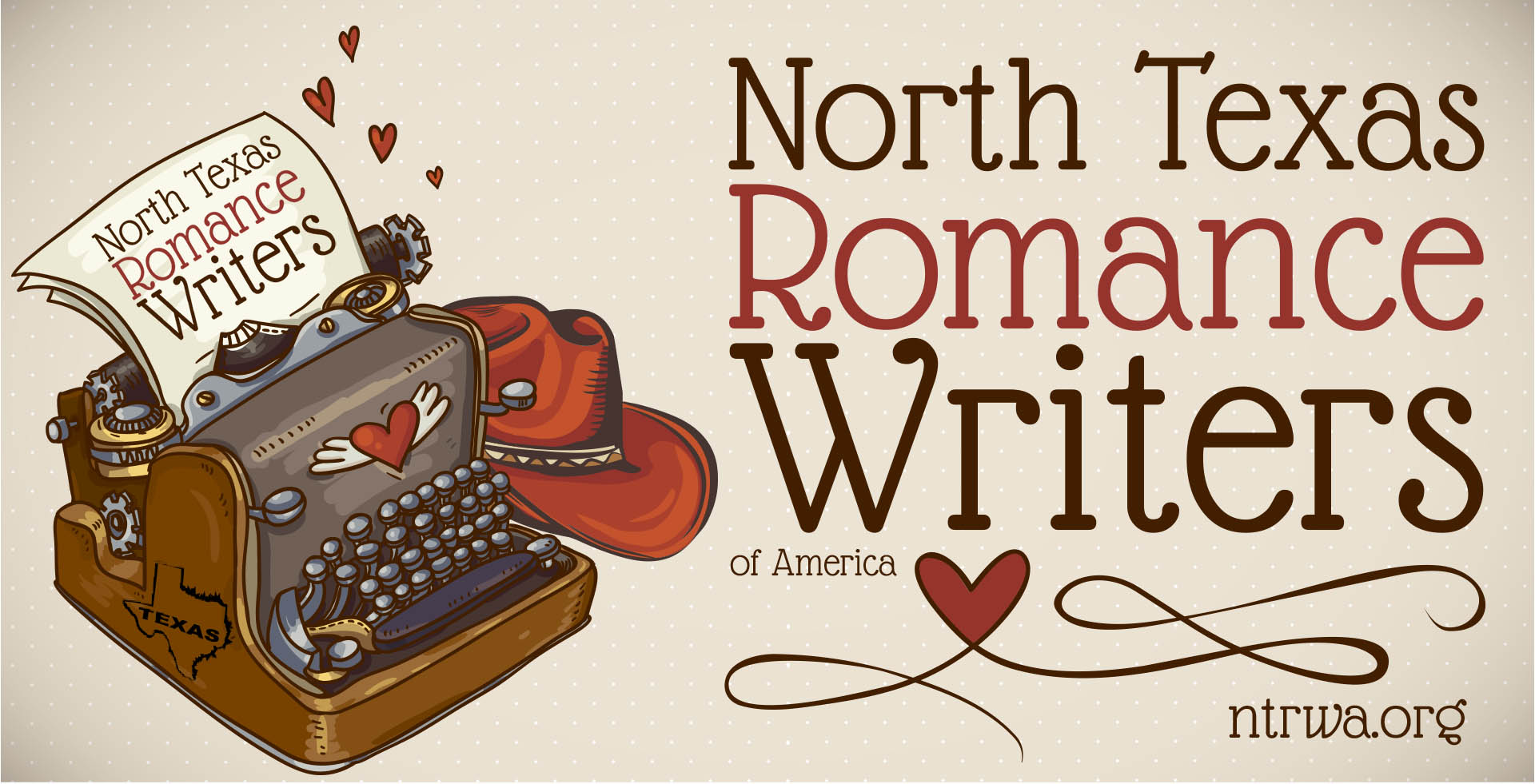Writing Styles
TOPIC: WRITING STYLES
Please keep the following in mind:
There are two types of “voice” in writing…
~ AUTHOR VOICE or WRITING STYLE
Writing style is what identifies an author. Often referred to as ‘voice’, it’s that sparkle every editor is looking for. It’s the allusive something that gets you the response… “I know it when I see it.”
If you’re a beginning author…it’s often the most frustrating rejection.
“Voice is the author’s style, the quality that makes his or her writing unique, and which conveys the author’s attitude, personality, and character; or. Voice is the characteristic speech and thought patterns of the narrator of a work of fiction.” ~Voice in Fiction Writing
But along with everything about our business, writing style has to work. I personally write with short paragraphs, short chapters, and often use fragmented sentences. It doesn’t work for everyone. But my fans enjoy it. I’d call that my style of writing, but my voice has a little bit more. Friends and fans have said there is a lot of humor in my stories. Even those about serial killers. I believe there is a hint of real-life sarcasm or Murphy’s Law that happens in my stories.
At first I was told (by judges) that humor didn’t mix with romantic suspense. It was a big no-no back in the day (I have to laugh looking at all the authors who excel at both). The true answer to this quandary is that ANYTHING goes AS LONG AS IT WORKS. Period. End of Story. (mic drop)
Once you find your style and have a hint of original sparkle…that’s what fans will recognize and expect when they pick up one of your books.
How does this help judging?
STYLE / TECHNICAL:
Unique voice or strong writing style
Worth up to 5 points.
The answer here is totally and completely subjective. The five points depends on whether you (as a reader) see that “sparkle”. If it’s good story-telling then some type of good writing style is probably present.
~ CHARACTER VOICE
After an author pins down their own “voice” and writing style, each character they create should have their own word choice and unique sound. Guys talk differently than gals. Cowboys talk differently than New York businessmen. Et cetera, et cetera, et cetera. If all the characters sound the same in the entry, please note why and try to select phrasing from two characters for comparison.
Where is this on the score sheet?
CHARACTERIZATION
The amount of points and questions may be unique to each category. It’s usually worth 15 points with 3 questions. Please refer to:
- Judge Training 107-CHARACTERIZATION
If all the characters sound the same in the entry, please note why and try to select phrasing from two characters for comparison.
OBSERVATION: I’ve judged entries in various contests where an author wrote “said he,” instead of “he said.” At first I would mark them down and explain the correct way. Then I found out in some countries “said he” is the correct way of writing. I still comment that in America it’s written, “he said” and editors and agents may see this as inexperience, but I understand other countries don’t write in the same format as we do. I don’t take off for it, and I tell them I’m not taking off for it. Have you come across this and how would you handle it? ~Great Expectation Judge
RESPONSE: Subjectivity
Bottom line? Is it a good story and does the style work in that story.
An author’s style and voice are their own. But so is each story. The way a character thinks and acts in one book won’t necessarily work in another. Same thing goes for readers…what one likes, another says maybe not so much. Basic grammar rules may be broken if they don’t jar the reader from the story. They may even be used to tell a specific story in a specific way.
So authors may use different tags to identify different POVs or characters. But it has to work.
If it’s a distraction, then it should be counted down, but please leave a comment about the distraction–not just the grammatical inconsistency.
As always, if you have questions relating specifically to an entry, contact [email protected].
~ ~ ~
Most of the opinions on judging and interpreting the questions’ intent are my own words. I’ve been in the business over 15 years and have spoken to many authors, gathering information. A lot of the time when a question is asked, I go to authors who publish in that genre for advice. Please use your own expertise and experience, but keep our humble interpretations in mind.
~Thanks, Angi Morgan
Contributions and edits by Fenley Grant
Defining Author’s Voice and Character’s Voice in Literature by Ginny Wiehardt, Voice in Fiction
